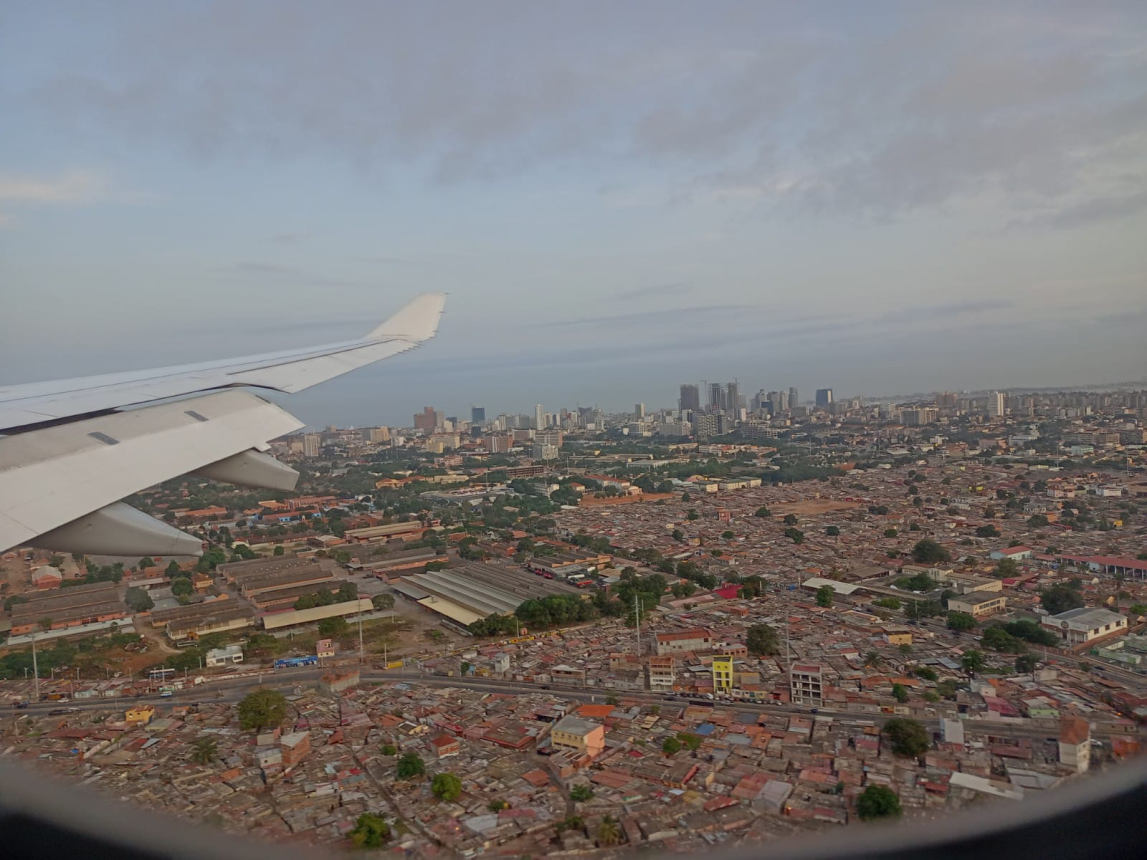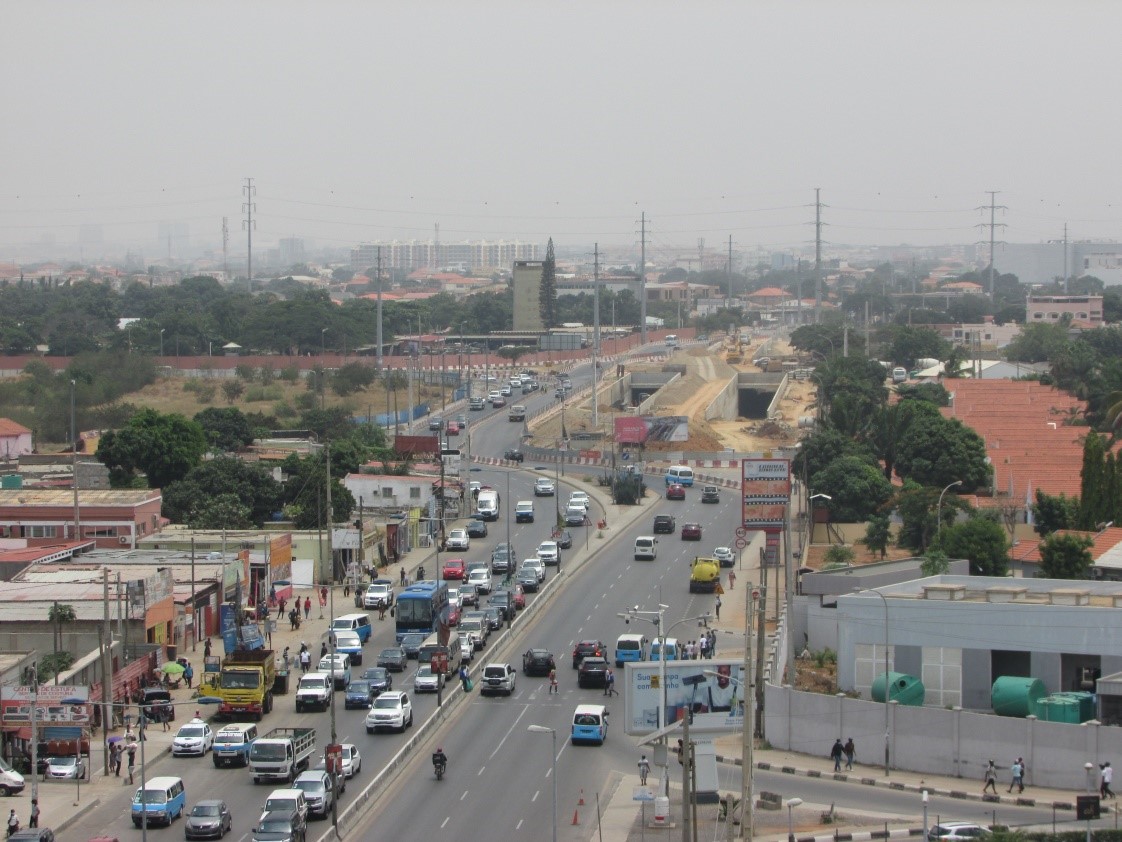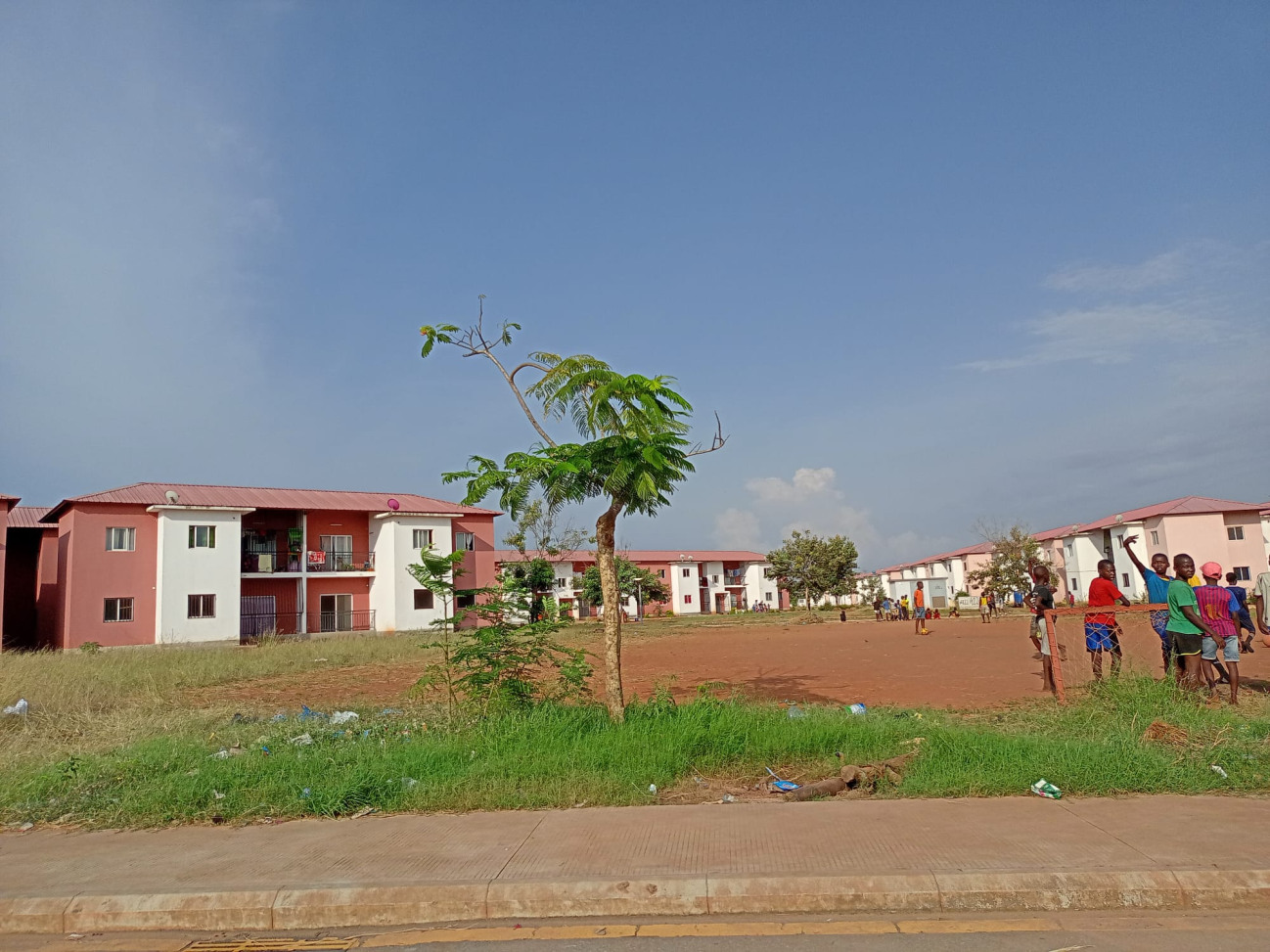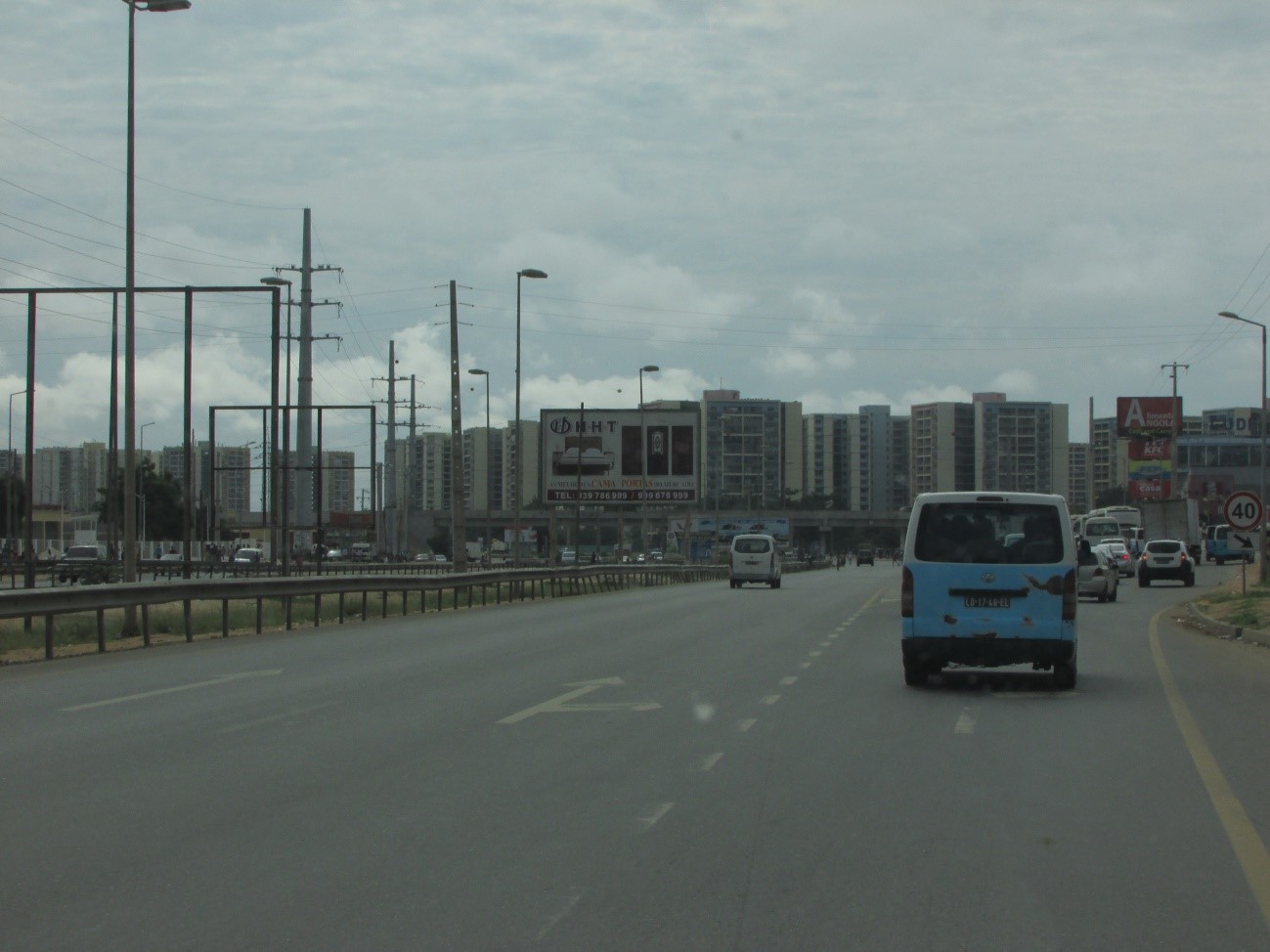Capital flows and the production of space in Angola

Luanda seen by the air – between informal and formal produced urban spaces. Photo: Higor Carvalho.
Higor Carvalho, Swiss Government Excellence Scholarship holder and PhD candidate at the GEDT working under the supervision of Prof. Armelle Choplin and Prof. Didier Péclard. shares his 2 months exploratory fieldwork experience in Angola
Capital flows and the production of space in Angola
This doctoral research consists of a comprehensive understanding on how Brazilian and Chinese capital flows influence the production of space in Angola, especially through their construction and real estate companies. I am interested in knowing how infrastructure and real estate projects financed and built by these agents may be contributing to formal urbanization and to the production of the necessary infrastructure for Angolan development. Moreover, I also try to identify whether these projects function as platforms for foreign capital flows reproduction, including those linked to the financial sector.

Infrastructure works in South Luanda. Photo: Higor Carvalho.
Getting to the field
I started the thesis at the Institute of Environmental Governance and Territorial Development of the University of Geneva in September 2021. Having worked on the theoretical framework before coming to Geneva, it was essential to me going to fieldwork at a very early stage of the investigation, as to be introduced to social and spatial issues emerging from the field and gaining an empirical basis that would allow me to review my preliminary research proposal.
I submitted my application to the Fondation Ernerst et Lucie Schmidheiny in October of that year and received a positive response in November, which granted me the financial support for the realization of this first fieldwork. After obtaining this funding, I worked on planning the trip and on obtaining authorization from the University of Geneva’s Ethics in Research Committee (CUREG), which issued a positive sign in January 2022. Hence, I flew to Luanda in the following month, staying in Angola for 53 days, until the end of March 2022.
An exploratory fieldwork in Luanda
In the field, my objectives and activities were mainly aimed at knowing the place, verifying the relevance of my research hypotheses, contacting local actors, visiting real estate, social housing and infrastructure projects built by Brazilian and Chinese companies, dialoguing with the technical staff of urban planning and with civil society and establishing knowledge exchange partnerships with the local academic community.

Social housing complex in Luanda metropolitan area. Photo: Higor Carvalho.
Although it was an exploratory fieldwork experience, I was able to make significant progress in these activities. I conducted 29 interviews with professionals and surveys with civil society. I visited a variety of projects that fall within the scope of the research, which were photographed for visual analysis. Finally, I also collected local literature on topics related to the research and met people with whom I will continue to discuss during the thesis and beyond.
Local knowledge exchange and cooperation
During this period, I was kindly welcomed as a visiting researcher at the Center for African Studies at the Catholic University of Angola (UCAN). Thus, I was able to interact with Angolan colleagues who do research in Angola on related topics, which was a rich experience.
It has always seemed essential to me to promote forms of socialization of the knowledge produced with the concerned agents and with civil society in a broad way. I believe that this may be an effective path towards a decolonial research approach and I understand this should be a constant activity throughout the research process – and not only after the thesis publication. Therefore, I took this opportunity of being in Angola to make some public presentations of my researches and, through them, exchange knowledge with civil society and public administration staff. These events happened at the Institute of Planning and Urban Governance of Luanda (IPGUL), at the Catholic University of Angola and at the NGO Development Workshop.

Real estate developments in Luanda. Photo: Higor Carvalho.
I returned to Geneva with a bag full of learnings and sufficient material to deepen my research project, review the initial hypotheses and draft a preliminary structure of the thesis. At this stage, I will continue the research treating collected data and developing further the theoretical analysis over the next few years, aiming at a return to Angola for a longer fieldwork in the second year of the thesis. I thank the Schmidheiny Foundation for granting me this subsidy, the UCAN’s Center for African Studies for the institutional welcome, IPGUL for opening up the exchange and everyone who helped me in loco, allowing this research experience to be successful.
24 août 2022
Carnets de recherche
